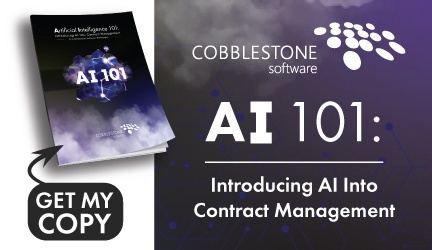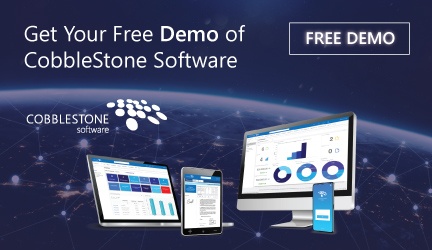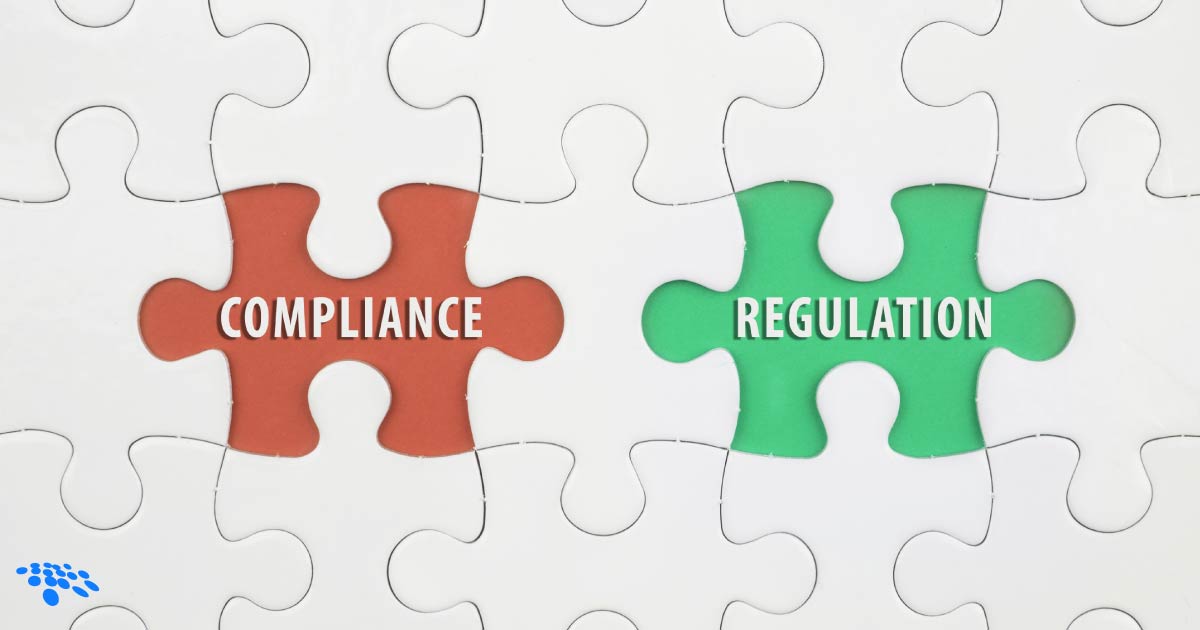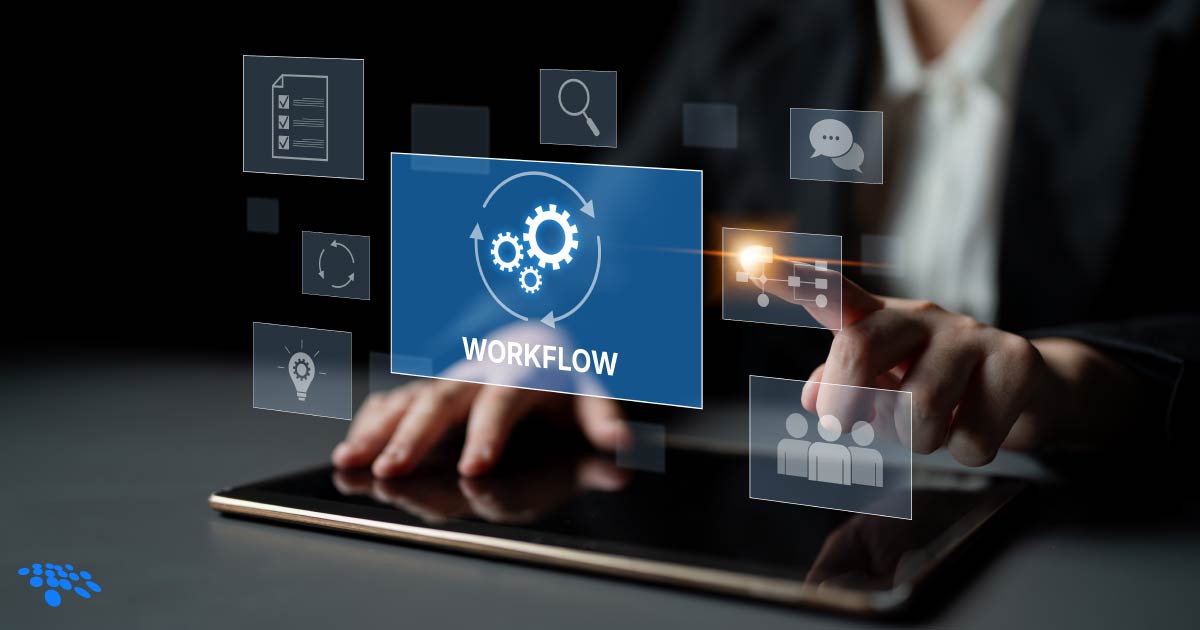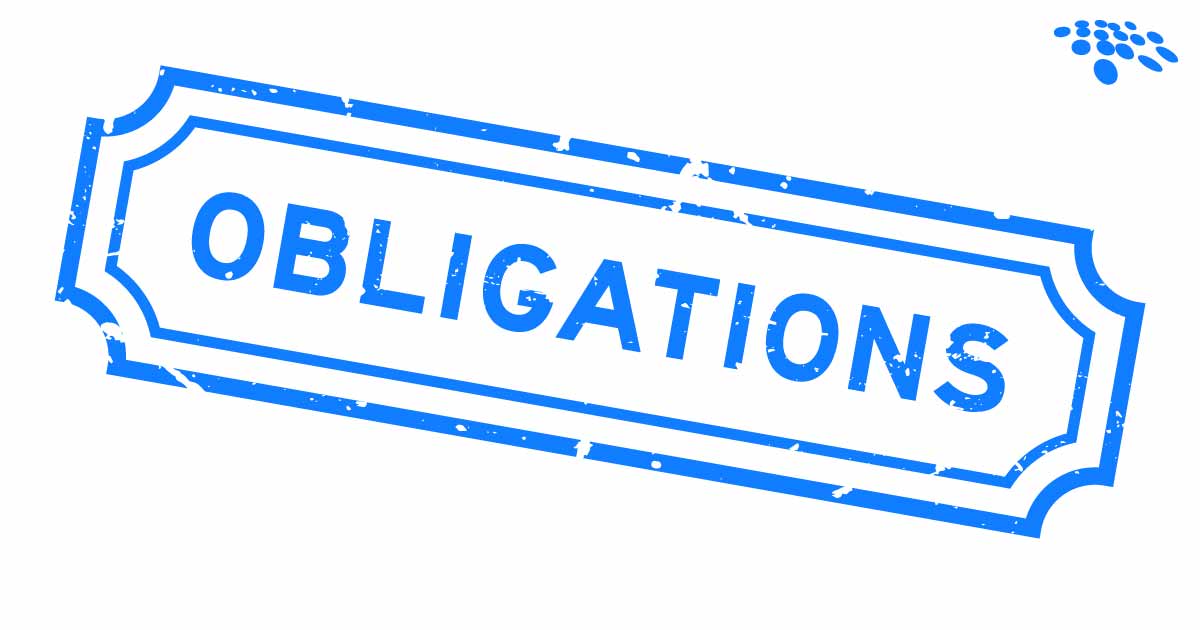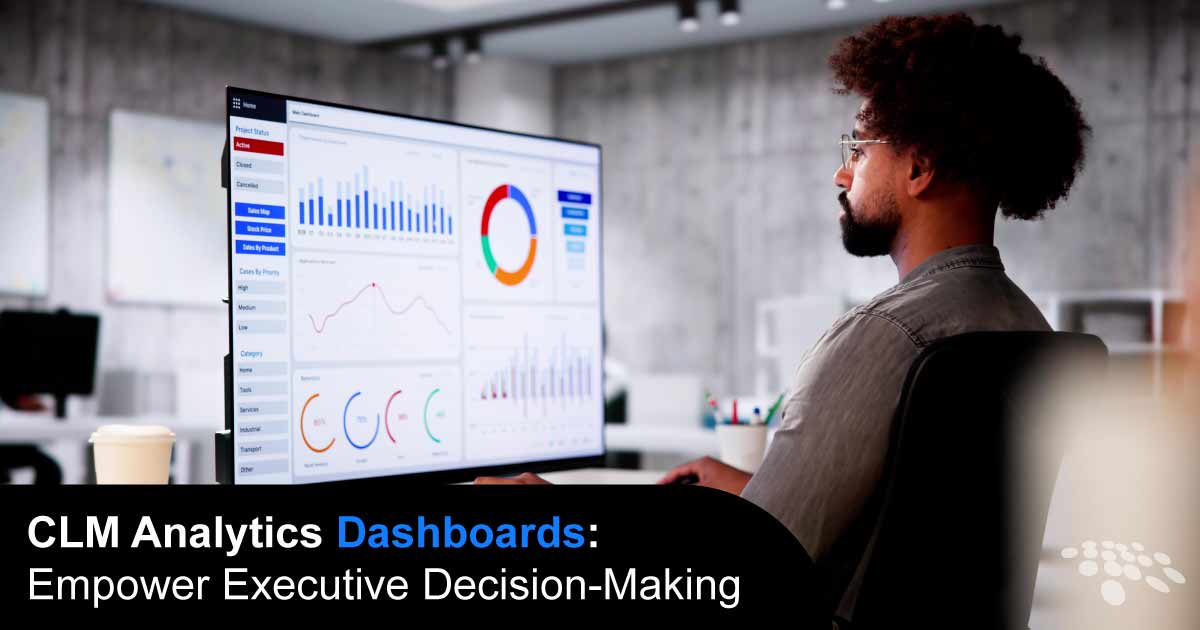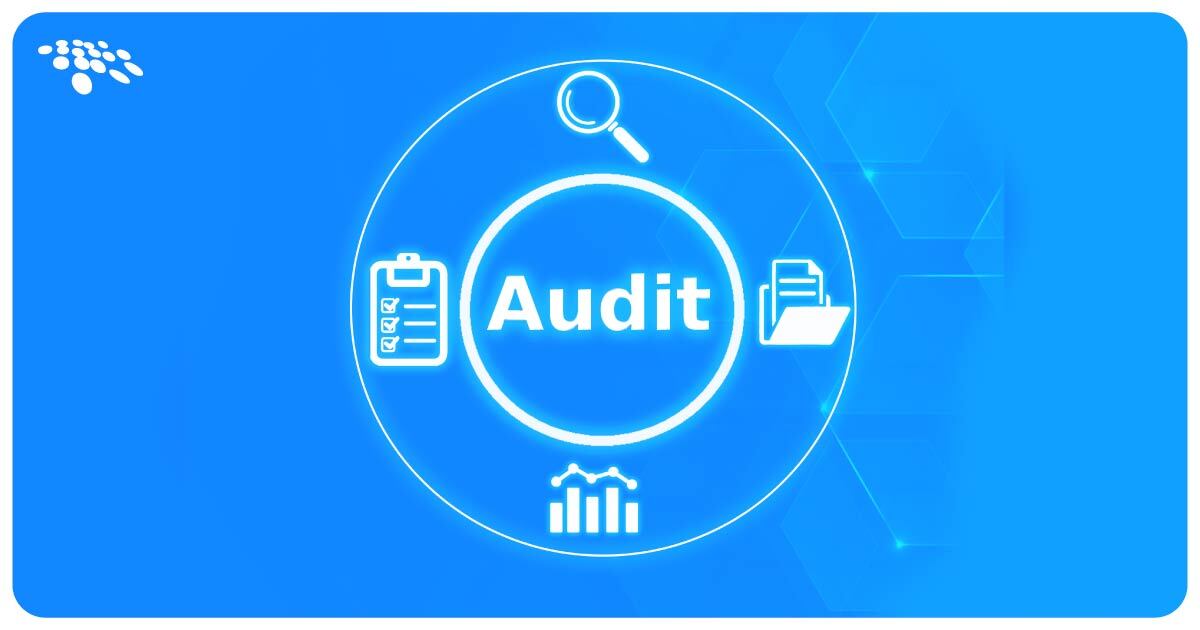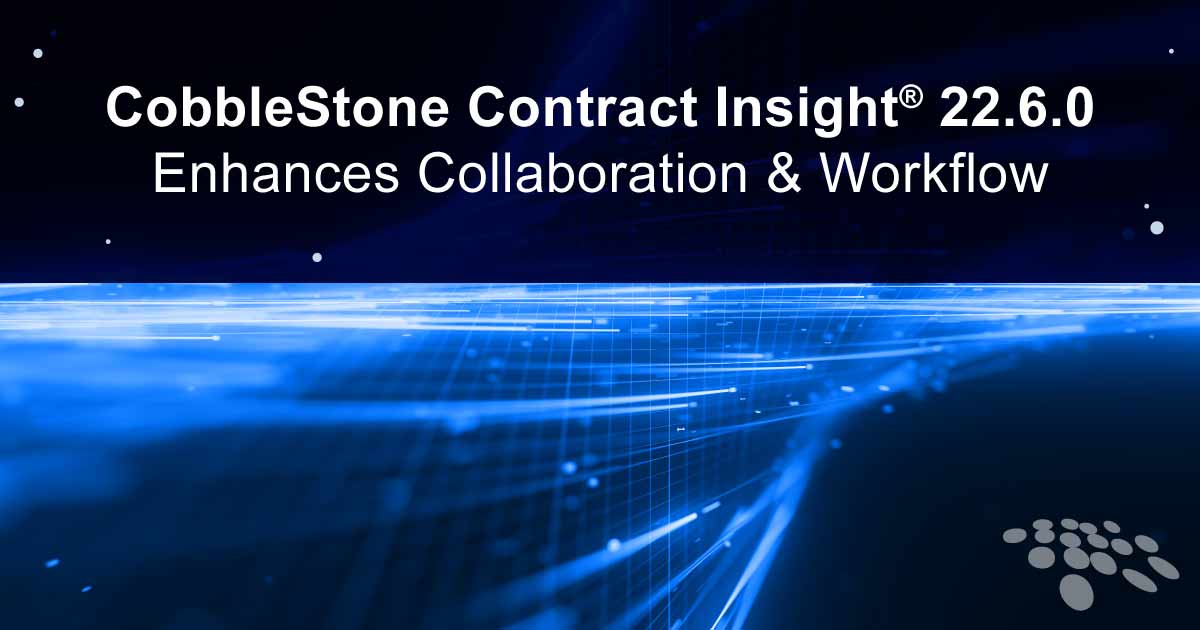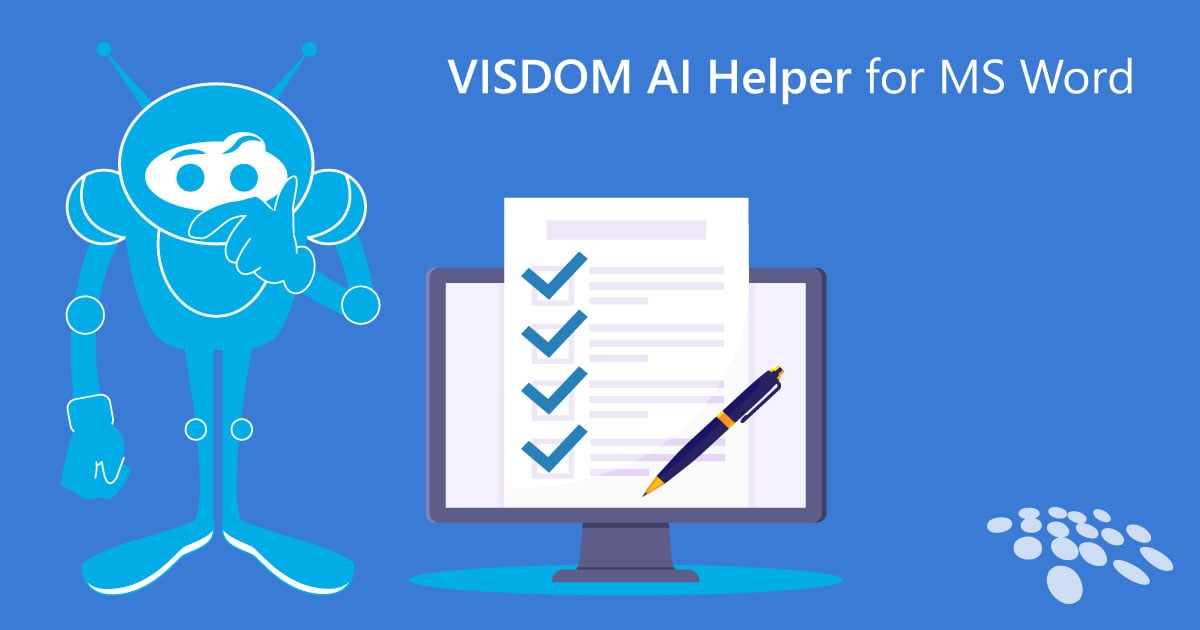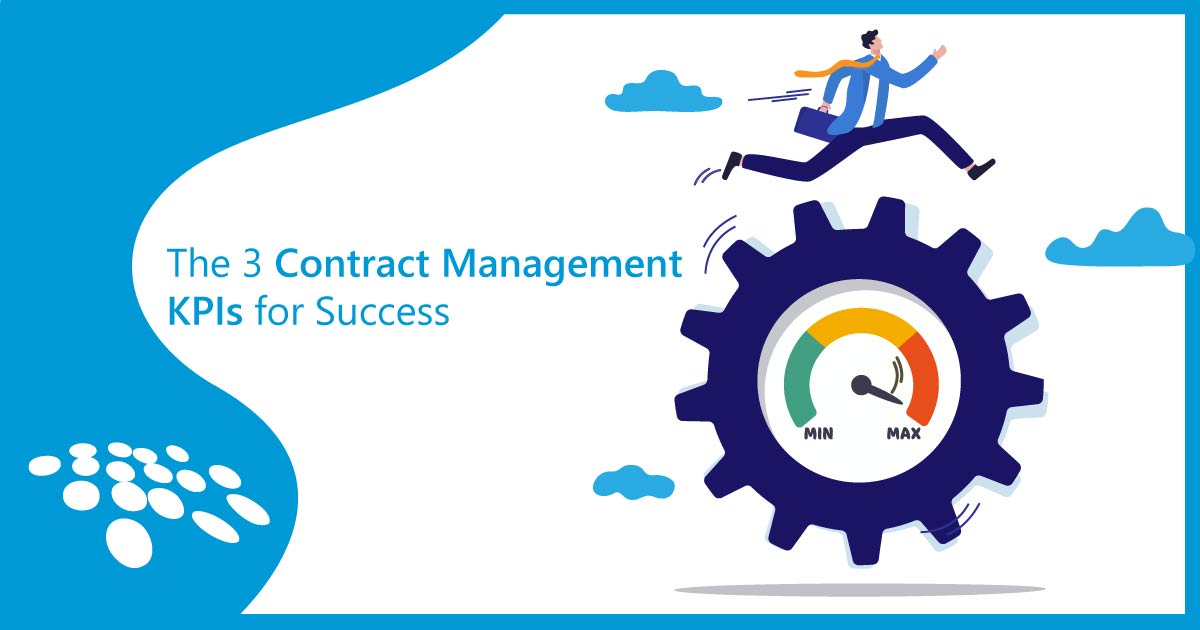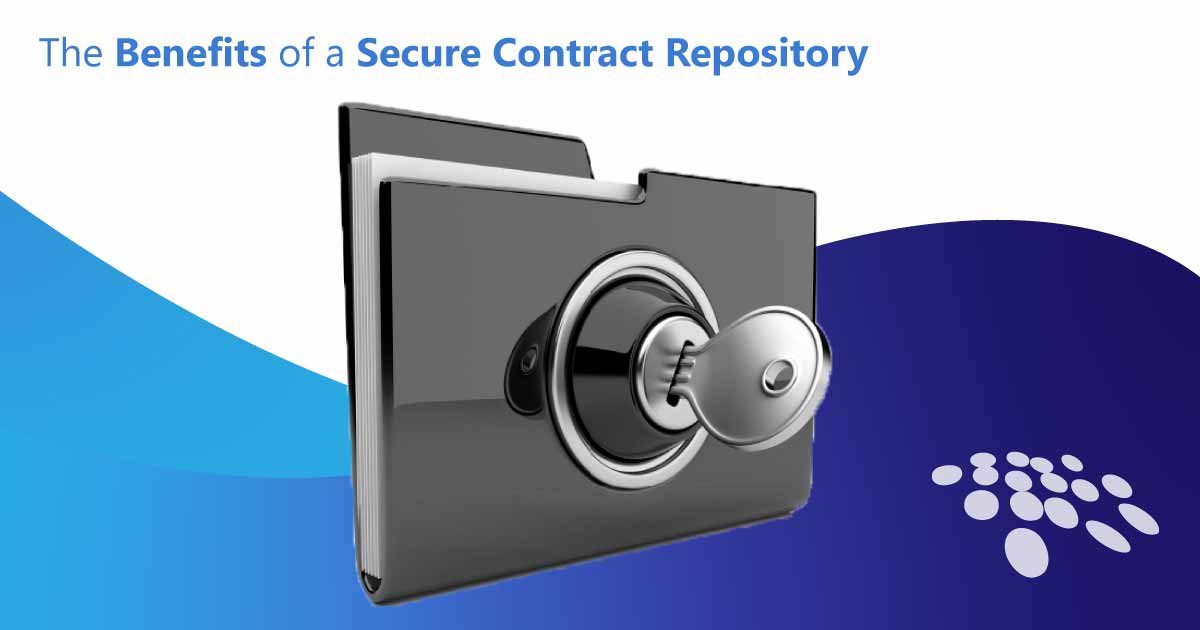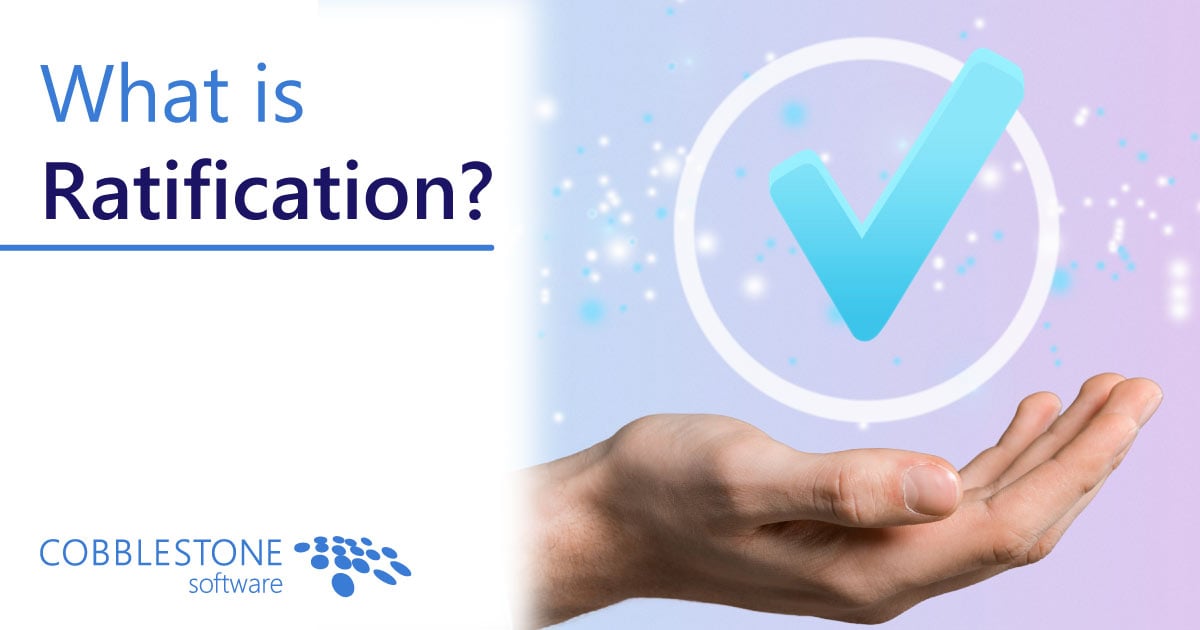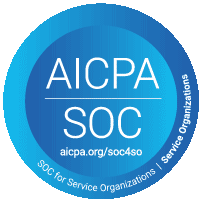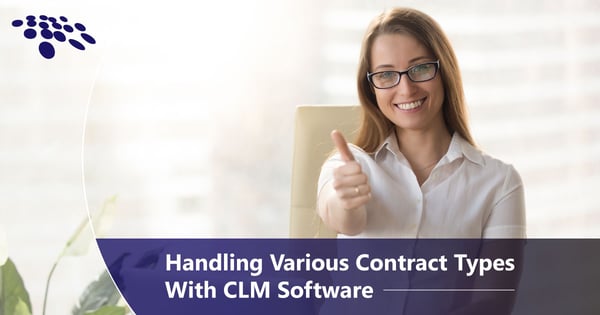
Contracts are the lifeblood of the business world - acting as legally binding agreements between parties to deliver goods or services under specified terms. These contracts can be diverse, complex, and riddled with uncertainties inherent to contract performance. Today, we delve into how contract management software can simplify the management of various contract types in a business setting - discussing key topics such as fixed price contracts, cost reimbursement contracts, and time and materials contracts, among others.
Types of Contracts
There are almost countless different types of contracts, but today we will focus on: fixed price, cost reimbursement, time and materials, and unit price.
Fixed Price Contracts
Fixed price contracts are a form where the contractor agrees to deliver a defined product or service for a predetermined price. These contracts shift the risk onto the contractor since the company must deliver the agreed-upon product or service when the organization pays the contractor the fixed price - regardless of any fluctuations in costs. The various types of fixed price contracts, such as Firm Fixed Price (FFP) and Fixed Price Incentive Fee (FPIF) contracts, offer different implications and mechanisms to manage costs and performance.
Cost Reimbursement Contracts
Cost reimbursement contracts, on the other hand, involve a contract in which the contractor is reimbursed for their allowable or incurred costs up to a set limit - plus a negotiated fee providing for profit. An example of such a contract is the incurred costs plus fixed fee contract. The final pricing of the contract is determined based upon the actual costs associated with completing a project.
Potential cost risks can arise if the estimated costs exceed the total cost or if the final cost is lower than the estimated cost, thereby affecting profit margins. As such, there may be some uncertainties involved in contract performance.
Time & Materials Contracts
Time and materials contracts are agreements whereby a contractor is paid based upon the actual cost of labor and materials - plus an additional amount to allow for overhead and profit. Typically, the rates for labor are negotiated and set at the contract's inception - often reflected as hourly rates. However, a time and materials contract usually includes a ceiling price that the contractor must not exceed.
Unit Price Contracts
Unit price contracts are a common contract included and used in construction projects - whereby the contractor is paid a preset amount for each unit of service performed. The total cost of the project is thus determined by the unit price multiplied by the number of units.
Harnessing Contract Management Software
Now that we understand several different types of contracts, we now examine how contract management software can alleviate the complexities associated with managing diverse contracts.
Getting Started With Contract Types
Firstly, contract management software can automate the contract creation process – as contract types are always the first selected classification when adding a new contract to CLM software. Teams can have as few or as many contract types as they would like. Myriad contract types are available right away – while any other contract types needed can easily be created, configured, and have essentially limitless metadata fields added.
Contract management software can efficiently define the complexity of the requirements for each contract type - allowing businesses to quickly generate contracts using pre-approved templates, clauses, and key data fields. This automation not only reduces human errors, but also enhances the contract creation process's speed and accuracy – whether fixed price and cost reimbursement contracts, time and materials contracts, or unit price contracts are being generated.
Visibility & Control of Contract Types
Contract management software can offer invaluable visibility and control over all the contracts within an organization. It can deliver performance insights and intelligent risk assessments for each contract, helping to identify potential uncertainties or issues at an early stage – including with a risk and opportunity assessment matrix.
This capability can be a game-changer - transforming a reactive process into a proactive one and significantly reducing the risks associated with contract management.
Contract Type Cost Management & Financials Tracking
CLM software can keep a vigilant eye on cost management. By providing real-time visibility into financial data related to contracts, it can track the final cost against the estimated cost. This ability aids in effective financial planning and budgeting - ensuring that businesses can keep their spending in check and avoid unwanted financial surprises. Organizations can track key financials for various types, such as:
- income amount (or credit).
- expense amounts.
- account codes.
- transaction types.
- hours and rates.
- fiscal year spend and budgets.
- invoices.
- purchase orders.
A Secure Contract Repository for Contract Types
Contract management software also allows for the centralization of contracts - making it possible to store and manage contractual documents in a single location. This centralization – via a secure and easily searchable contract repository - facilitates quick and easy access to necessary information, essential during contract reviews or renegotiations. Moreover, it helps maintain consistency across all contracts, reducing the chances of non-compliance due to lack of awareness or understanding.
The software further enables businesses to monitor and track different contract milestones effectively. By setting up alerts and reminders for key dates and deliverables, businesses can virtually ensure that they never miss an important milestone or deadline. This capability also extends to tracking the performance of the contractor - providing an analysis that can aid in future decision-making.
Risk Management for Contract Types
Risk management is another area where contract management software can add immense value. It can identify potential cost risks and help devise strategies to mitigate them. For example, if there's a risk of exceeding the total cost in a cost-plus award fee contract based on previous performances, the software can help flag this and enable stakeholders to reassess the situation and make necessary adjustments to prevent cost overruns.
Risk preferences can be established with an organization’s preferred risk definitions, conditions, and machine learning schedules.
Contract Types & Renegotiations
Contract management software assists in contract renegotiation. If the costs of labor and materials rise over time, businesses can use the software to renegotiate the terms of a time and materials contract. This could involve adjusting the hourly rates or the ceiling price as required.
These contract negotiations can be quickly tracked as redlines and new versions – including with clause ownership for ironclad clauses that a stakeholder does not want changed. From there, organizations can automate approval routing.
Contract Analytics for Contract Types
The ability to analyze contract data is a significant advantage of contract management software. By leveraging contract analytics, businesses can identify trends and patterns in their contracts - providing insights that can guide strategic decision-making. These insights could be related to the total cost, the final cost, or other important metrics relevant to the contracts.
Accurate and timely reports can be generated to help ensure valuable information about CLM processes is shared with the right people. Reports can be configured and are also available as common, ad-hoc reports, including:
- expiring contracts.
- contract amounts.
- key dates.
- projected or estimated contract cost vs. total cost.
Conclusion
In conclusion, contract management software is a vital tool for businesses navigating the complex terrain of contract types. Its ability to centralize, automate, and optimize contract management processes, coupled with its capacity to enhance operational efficiency and reduce risks, makes it indispensable.
From managing the complexity of requirements to dealing with uncertainties in contract performance, contract management software has it all covered. Its implementation can significantly ease contract management, pushing your organization towards greater efficiency and success.
Embrace contract management software and witness the transformation of your various contract types by booking a free demo today!
To stay up to date on best practices, industry news, and CobbleStone Software updates, be sure to subscribe to our blog and YouTube Channel.
*Legal Disclaimer: This article is not legal advice. The content of this article is for general informational and educational purposes only. The information on this website may not present the most up-to-date legal information. Readers should contact their attorney for legal advice regarding any particular legal matter.





